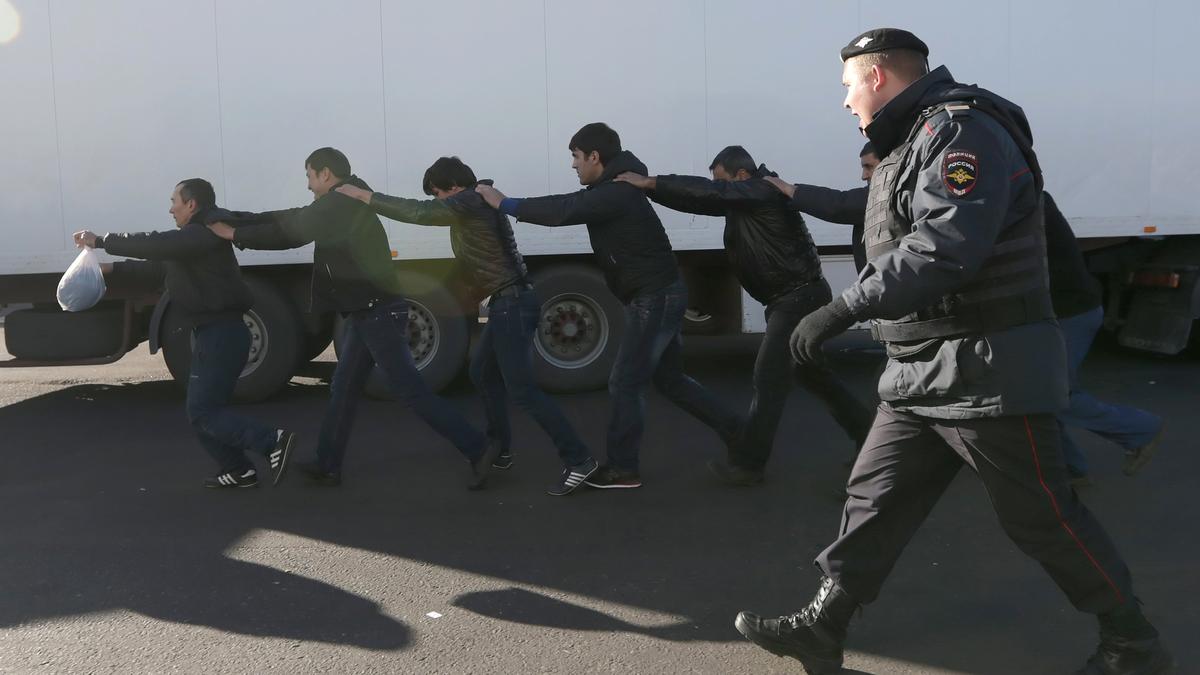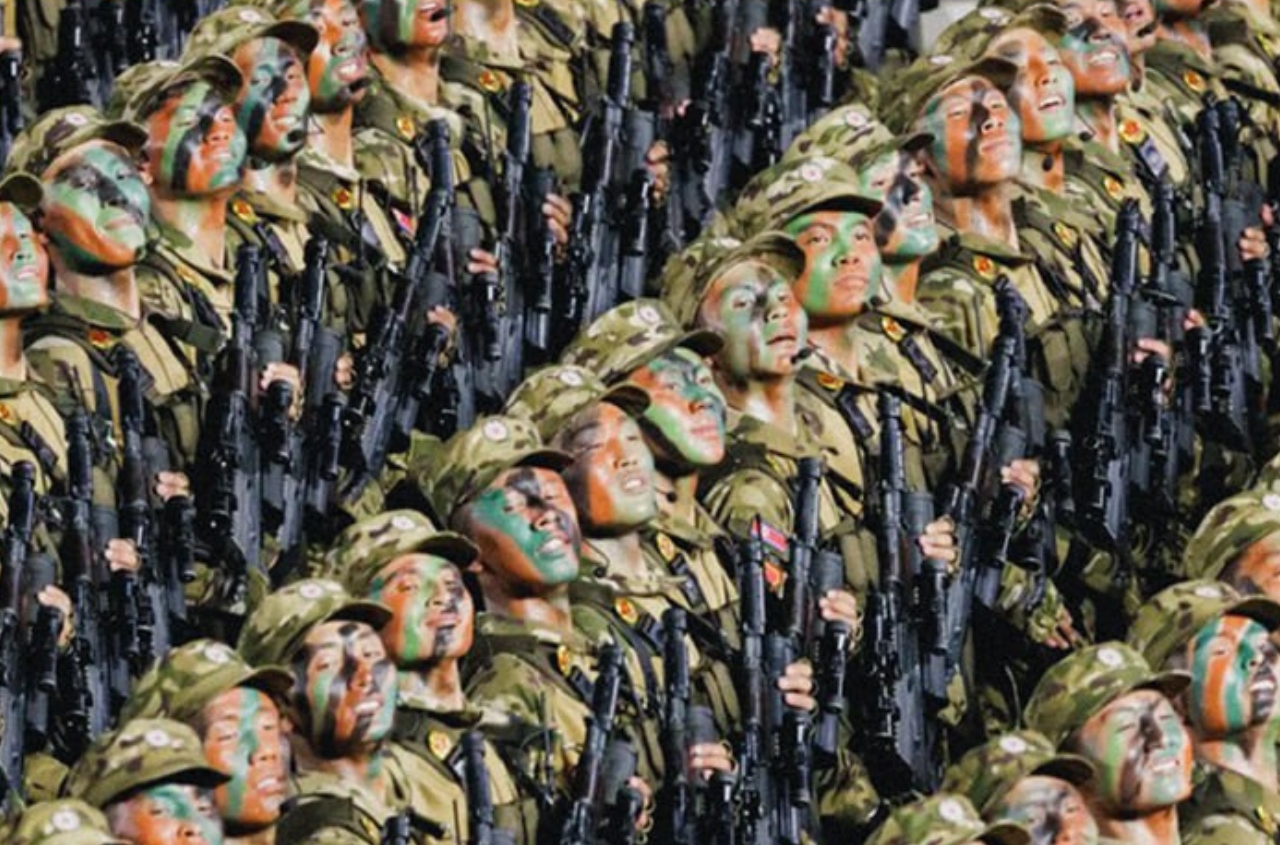Russia is facing a growing crisis caused by migration issues that lead to widespread conflicts across the country. Against this backdrop, xenophobic sentiments are becoming increasingly visible among a large part of Russian society, which reacts very negatively not only to migrants but also to people from the Caucasus regions of Russia.
According to the Ukrainian Foreign Intelligence Service, at the end of July this year, Putin intends to sign a law that will significantly expand the list of grounds for losing acquired Russian citizenship. Formal reasons include public support for terrorism, cooperation with foreign states or international organizations, as well as "aiding the enemy" or "threatening the security of Russia."
However, the Kremlin’s true goal is to use migrants to replenish its military ranks in the war against Ukraine, while avoiding mobilization of the “native” Russian population. This move is seen as an attempt to solve demographic and mobilization problems using the most vulnerable segments of the population.
Control over the implementation of this new mechanism is assigned to a newly created service for citizenship and foreigner registration within the Ministry of Internal Affairs. This is happening amid further centralization of the repressive management system and increased pressure on migrants. Currently, the official registry in Russia includes over six million foreign citizens who could potentially fall under the scope of the new law.
The Kremlin, using vague and broad legislative formulations, is creating a tool for selective persecution. This law is yet another element in a broader strategy to strengthen authoritarian control and form a mobilization reserve for continuing aggression against Ukraine.




















